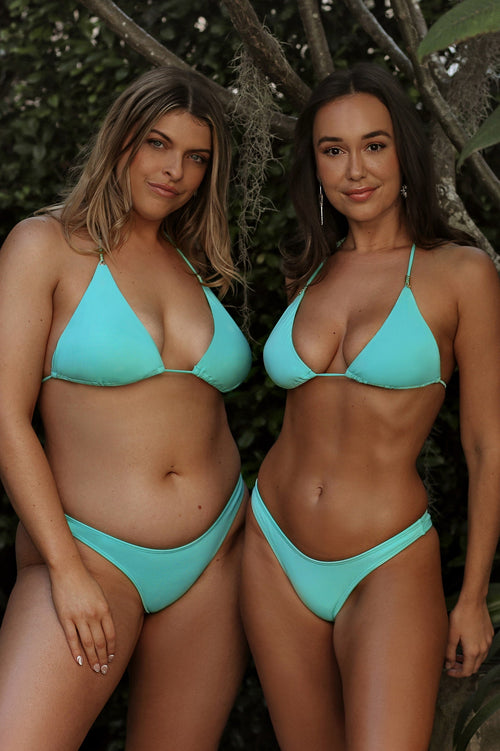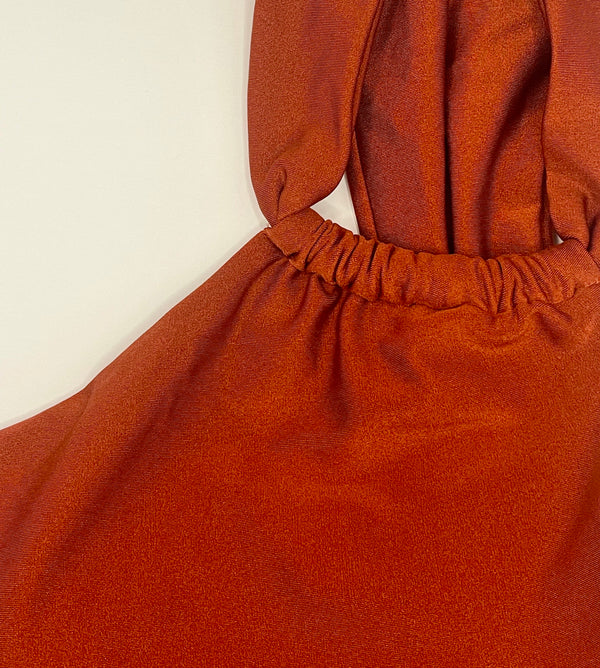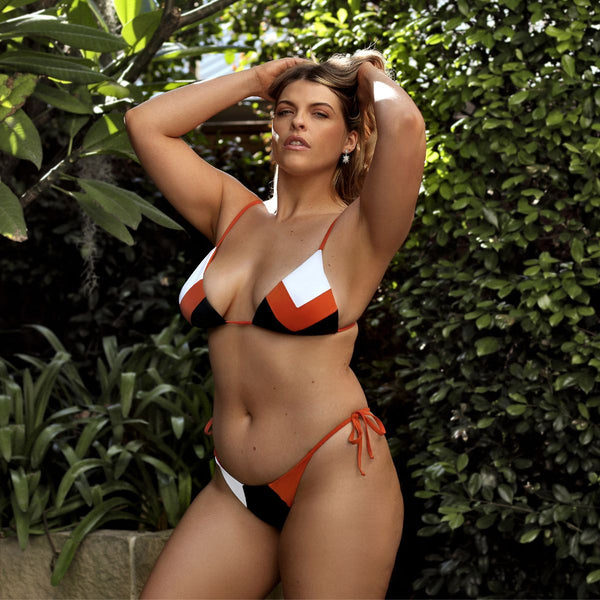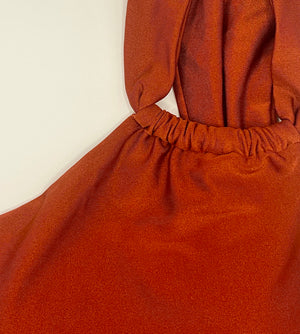
Can sustainability ever truly exist in the fashion industry?

The hot topic of sustainability in the fashion industry is not going anywhere, in fact, consumers are becoming more and more aware and conscious of green practices, greenwashing tactics and environmental issues. It’s time we consider that there is no perfection in sustainability, the world and the fashion industry alone have only just begun exploring how to protect the environment in the vast scheme of how long we have been mass producing or using harmful dyes and more unethical practices that have been in place for centuries. How can a fashion brand be truly sustainable? The short answer is it can’t, but it can make efforts to run as ethically and sustainably as possible in the 21st century.
The past decade and certainly more recent years has been the biggest impact we have ever seen on exploring how fashion can be produced and marketed in a more sustainable manner after consumers began discovering the immense negative impact on our environment. The truly sustainable thing would be to not exist at all, not to add to landfills at all, not to create any more clothes, and not to use any more dyes or non-biodegradable fabrics. We need to accept there is no perfection in sustainable fashion, but we can appreciate and celebrate those who are truly putting efforts into trying to produce garments and the world of fashion we love in the most ethical and sustainable route possible without greenwashing us.
We’ve all witnessed greenwashing first-hand from fast-fashion giant H&M promoting their environmentally friendly practices for years until Quartz 2023 report showed that over half of their claimed sustainable garments were in fact far from the truth. There are some truly ethical designers who are transparent about trying to do better for the planet while being aware of fashion's impact (including Styelle of course). Setting the way for luxury, Stella McCartney has long been educating us on sustainability in the fashion industry, known for trying to end greenwashing and exploring new ethical fabrics.
Something we need to be cautious of in fabrics and all around us, are forever chemicals like PFAS (per-and polyfluoroalkyl substances), known for lingering around in the environment for pretty much ever! They can be found in clothes to shoes, more predominately found in anything labelled water resistant. While an increasing number of fashion brands are trying to replace polyesters with rPET to label themselves sustainable, it is not all it is made out to be. rPET is created from water bottles and non-existent textiles, meaning we are still facing a landfill of mass-produced clothing. We need to see change and efforts put into recycling old garments that hold value. Most polyester, whether recycled or not, will still end up back in a landfill. See how difficult it can be to remain ethical and sustainable in fashion? Many brands are up to the challenge and should be awarded for their efforts while some try to take shortcuts to appear sustainable. Any company that advertises itself as entirely sustainable is lying, we can only try to produce as sustainably as possible but effectively adding to landfill by making more clothes is not sustainable at all.
Though its not all doom and gloom, the future fabrics expo in the UK of 2023 did shine some positive light on new initiatives such as the nature-positive materials, grown in ‘regenerative organic agricultural systems’ to expand the fiber offerings.
'Upcycled PET bottles into clothing is a bandaid solution on and already pressured system. We need end of life solutions considered for all garments, and this is not well considered at all.' Charys Caldarella at 2018 ACFC.
Our Creative Director and Founder of Styelle Swim, Charys Caldarella began Styelle as we know it, to replace fast fashion and create timeless, biodegradable swimwear without costing the planet, but also to educate consumers to help make us all more conscious shoppers. Over the years Styelle Swim has diverted hundreds of kilograms of clothing ending up in landfills and produces only sustainable, toxin-free biodegradable swimwear that is ethically sourced with a carbon-positive and exploitation-free supply chain.
Shop Now









